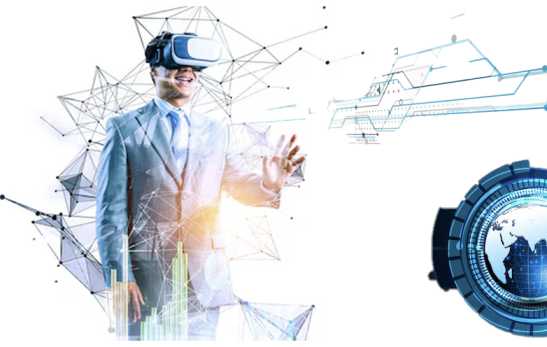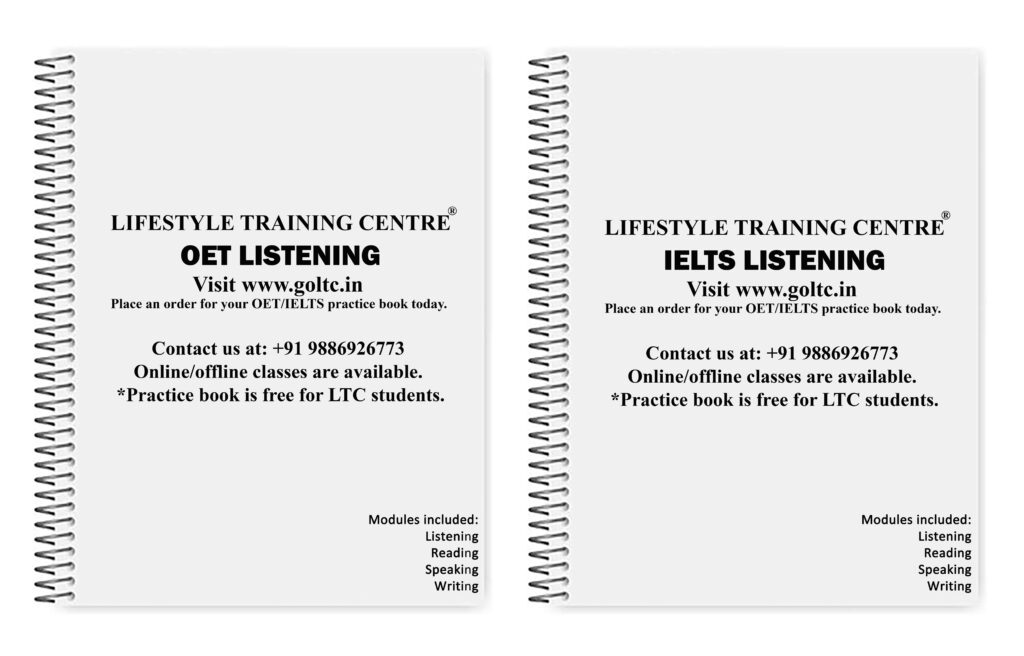Duolingo / PTE / IELTS opinion essay

To what extent do you agree or disagree that people are too dependent on technology in their daily lives?
To what extent do you agree or disagree that people are too dependent on technology in their daily lives?
Model answer by Lifestyle Training Centre
(Fully agree)
Technology has become an indispensable part of human life, profoundly shaping nearly every aspect of modern existence. While the degree of society’s dependence on technology is often debated, I firmly believe that people have relinquished control, allowing it to dominate their lives instead of leveraging it solely for progress and improvement.
Undeniably, technology has revolutionised daily life by providing unparalleled convenience and efficiency. However, it has also fostered dependency in various ways and across numerous domains. For instance, smartphones, while simplifying communication and granting instant access to information, have created a form of digital enslavement. They trap individuals in a virtual realm, disconnecting them from meaningful real-world experiences. This issue is particularly pronounced among younger generations, who often isolate themselves from society, forming shallow connections on social media while neglecting genuine face-to-face interactions. A recent survey revealed that a significant proportion of youth are addicted to their smartphones, further underscoring this concern.
Moreover, technology has diminished human creativity. Innovations such as artificial intelligence, though highly efficient and instrumental in solving complex problems, have begun to replace human ingenuity, particularly in areas requiring creative thinking. By mimicking human intelligence, AI poses a significant threat, as people increasingly rely on machines to generate solutions instead of thinking critically for themselves. This dependence could potentially lead to humanity’s downfall, with machines subtly replacing and eventually dominating human roles as they evolve and adapt.
In conclusion, while technology has played a crucial role in advancing human achievements, excessive dependence on it has led to a loss of control and autonomy. It is imperative for humanity to recognise this reality and take proactive steps to reclaim its dominance over technology before it is too late.
List of vocabulary used:
- Indispensable – Essential; absolutely necessary.
- Profoundly – Deeply; to a great extent.
- Existence – The state of being or living.
- Relinquished – Given up; surrendered.
- Dominate – To control or have power over something.
- Leveraging – Using something to maximum advantage.
- Revolutionised – Transformed dramatically or fundamentally.
- Unparalleled – Unmatched; without equal.
- Dependency – Reliance on something for support or function.
- Domains – Areas of activity or knowledge.
- Simplifying – Making something easier to do or understand.
- Granting – Providing or giving.
- Enslavement – The state of being dominated or controlled.
- Realm – A domain or field of activity or interest.
- Disconnecting – Separating; losing connection.
- Pronounced – Noticeable or distinct.
- Isolate – To separate or set apart from others.
- Shallow – Superficial; lacking depth or sincerity.
- Addicted – Dependent on something, often to an unhealthy extent.
- Underscoring – Emphasising or highlighting.
- Diminished – Reduced in importance or value.
- Ingenuity – Creativity; the quality of being clever or inventive.
- Mimicking – Imitating or copying.
- Threat – A potential danger or risk.
- Critically – In a way that involves careful judgement or analysis.
- Downfall – A loss of power, prosperity, or status.
- Evolve – To develop gradually over time.
- Autonomy – Independence; freedom from external control.
- Proactive – Taking action in advance to address an expected challenge.
- Reclaim – To take back or recover something.
Model answer 2 by Lifestyle Training Centre
(Balanced answer)
The extent to which people rely on technology in their daily lives remains a topic of debate. While acknowledging the potential pitfalls of over-dependence, it is equally important to highlight the significant benefits that technology offers.
On the one hand, technology has undeniably transformed daily life, making it more convenient and efficient. For example, mobile devices have revolutionised communication and provided unprecedented access to information. Beyond personal use, technology has had a profound impact on key sectors such as healthcare, education, and business, significantly improving quality of life and expanding opportunities for growth and innovation.
On the other hand, there are legitimate concerns regarding over-reliance on technology. Excessive screen time, particularly smartphone usage, has been linked to physical and mental health issues, including eye strain, disrupted sleep patterns, and addictive behaviours. Moreover, an overdependence on technological solutions risks eroding critical life skills, such as problem-solving, critical thinking, and interpersonal communication, which are vital for personal and professional success.
In conclusion, while technology has enriched modern life in countless ways, it is essential to maintain a balanced approach to its use. Recognising and mitigating the drawbacks, such as health concerns and the potential decline of essential skills, is crucial. Technology should serve as a tool to enhance our lives rather than becoming a dependency that undermines our capabilities and well-being.
List of vocabulary used:
- Extent – The degree or scope of something.
- Rely – To depend on someone or something for support or help.
- Debate – A formal discussion on a topic with opposing viewpoints.
- Acknowledging – Recognising the existence or importance of something.
- Potential – Having the capacity to develop or happen in the future.
- Pitfalls – Hidden or unsuspected problems or difficulties.
- Over-dependence – Excessive reliance on something.
- Significant – Important or noteworthy.
- Benefits – Advantages or positive outcomes.
- Transformed – Changed completely in form or appearance.
- Convenient – Making something easy or accessible.
- Efficient – Achieving maximum productivity with minimum wasted effort.
- Revolutionised – Dramatically changed something for the better.
- Unprecedented – Never done or known before.
- Profound – Deep, significant, or far-reaching.
- Key – Crucial or of great importance.
- Sectors – Distinct parts of society, like healthcare or education.
- Opportunities – Chances for advancement or progress.
- Legitimate – Valid or justifiable.
- Over-reliance – Excessive dependence on something.
- Excessive – More than necessary or normal.
- Screen time – The amount of time spent using devices with screens.
- Disrupted – Interrupted or disturbed.
- Addictive – Causing a strong and harmful need to do or have something repeatedly.
- Eroding – Gradually destroying or weakening something.
- Critical – Extremely important or necessary.
- Life skills – Abilities needed to deal effectively with everyday life challenges.
- Problem-solving – The process of finding solutions to difficult issues.
- Interpersonal – Relating to relationships between people.
- Enriched – Improved or enhanced in quality.
- Balanced – Keeping things in proper proportion.
- Mitigating – Making something less severe or harmful.
- Drawbacks – Disadvantages or negative aspects.
- Dependency – Reliance on something for support or functioning.
- Undermines – Weakens or damages something gradually.
- Capabilities – Abilities or qualities needed to achieve something.
- Well-being – The state of being comfortable, healthy, or happy.
IELTS Speaking Task Topics
Click on any topic to explore more!
Names

Learn about the importance of names and their cultural significance.
Study / Job

Discuss various aspects of studying and working in different fields.
Hometown

Explore the charm of your hometown and its unique features.
Accomodation

Understand various types of accommodation and living situations.
Weather

Learn about how weather influences daily life and activities.
Time

Discuss the concept of time, its importance, and time management.
Television

Talk about the role of television in modern entertainment.
Museum

Discuss the cultural importance of museums and historical exhibits.
Holidays

Explore the significance of holidays and different celebrations.
Films

Learn about the impact of films on culture and society.
Leisure Time

Discuss how leisure activities impact personal well-being.
Sport

Talk about the role of sports in health, entertainment, and culture.
Vegetables and Fruits

Discuss the health benefits and importance of fresh produce.
Maths

Explore the role of mathematics in various aspects of life.
Sky

Discuss the beauty and scientific significance of the sky.
Clothes&Fashion

Explore how clothing reflects culture and personal expression.
Weekend

Discuss the importance of weekends and ways people relax.
Reading

Learn about the importance of reading and various reading habits.
Sleep

Explore how sleep impacts physical and mental well-being.
Trees&Plants

Discuss the environmental and health benefits of plants.
Newspaper

Discuss the evolving role of newspapers in the digital age.
Texting

Explore the role of text messaging in modern communication.
Memorising

Learn techniques for improving memory and memorization.
Travelling

Discuss the importance and impact of traveling in modern society.
Communication

Explore the modes and significance of communicating well
Letter&Email

Explore the differences and significance of letters vs. emails.
Swimming

Discuss the benefits of swimming for health and fitness.
Snacks

Explore the role of snacks in daily nutrition and lifestyle.
Photography

Discuss photography’s cultural and artistic significance.
Help

Talk about the importance of offering and receiving help.
History

Discuss historical events and their impact on modern society.
Handwriting

Explore the significance of handwriting in education and culture.
Music

Learn about the influence of music on emotions and society.
Colours

Discuss how colours affect perception and mood.
Teachers

Explore the role of teachers in shaping students’ futures.
Being Alone

Talk about the experience and benefits of spending time alone.
Teamwork

Learn the importance of teamwork in professional and social contexts.
Countryside & City

Explore the charm and benefits of living in the countryside.
Social Media

Discuss the impact of social media on society and relationships.
Friends

Explore the importance of friendships in life.
Artificial Intelligence (AI)

Talk about the future of AI and its role in society.
Climate Change

Discuss the causes and consequences of climate change.
Transportation

Explore different modes of transportation in your area.
Sustainable Transportation

Explore ways to make transportation more environmentally friendly.
Space Exploration

Learn about the latest advancements in space exploration.
Shopping

Explore how shopping influences culture and the economy.
Modern Technology

Discuss how modern technology is reshaping society.
Technology

Learn about the role of technology in everyday life.
Sustainable Living

Explore ways to live sustainably for the future of the planet.
Globalisation

Learn about the effects of globalisation on society and economies.
Global Warming

Discuss the causes, effects, and solutions to global warming.
Gender Equality

Explore the importance of gender equality in modern society.
Health and Fitness

Discuss the importance of maintaining a healthy lifestyle.
Renewable Energy

Learn about renewable energy sources and their impact on the environment.
Cultural Traditions in Kerala

Explore the unique cultural traditions of Kerala, your hometown.
Cultural Traditions in Your Country

Learn about the cultural traditions in your country.
Education System

Discuss the education system in your country and its effectiveness.
Traditional Cuisine

Explore the significance of traditional cuisines in your culture.
Do you need printed IELTS/ OET practice material? Place your order today. Available now for just Rs: 1,100 (including shipping all across India) Contact us at our WhatsApp number: +91 9886926773 to place your order. (Free for LTC students)

We hope this information has been valuable to you. If so, please consider a monetary donation to Lifestyle Training Centre via UPI. Your support is greatly appreciated.

Would you like to undergo training for OET, PTE, IELTS, Duolingo, Phonetics, or Spoken English with us? Kindly contact us now!
📱 Call/WhatsApp/Text: +91 9886926773
📧 Email: mail@goltc.in
Visit us in person by following the directions on Google Maps. We look forward to welcoming you to the Lifestyle Training Centre.
Follow Lifestyle Training Centre on social media:
Thank you very much!
